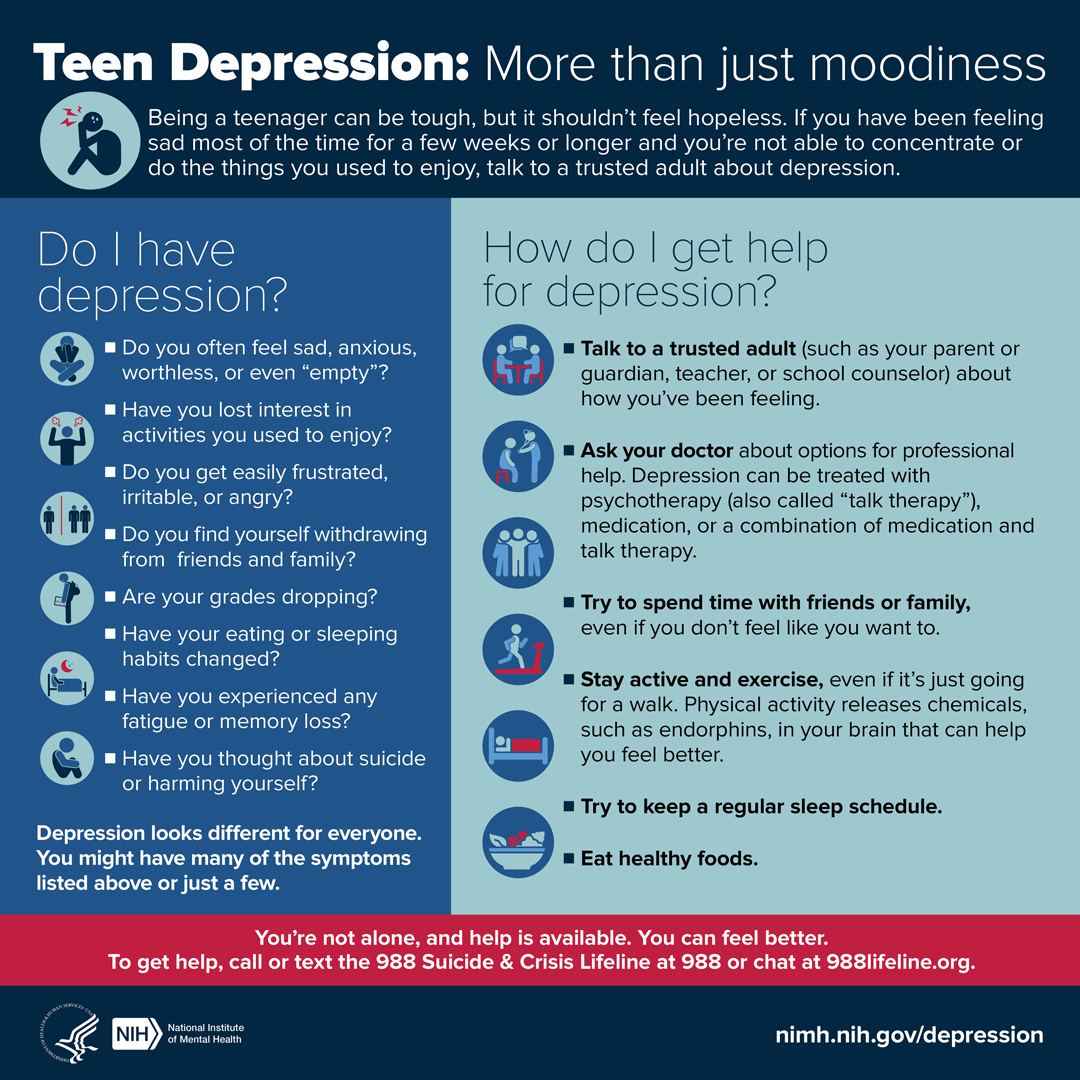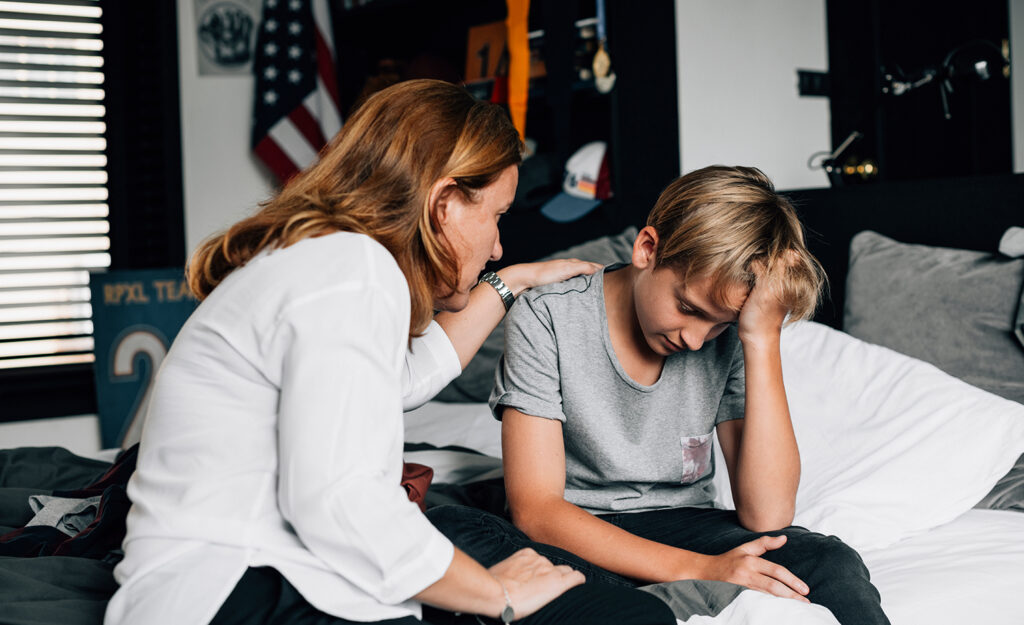
Mount Nittany Health and the National Institute of Mental Health recognize May as National Mental Health Awareness Month. Since its inception in 1949, National Mental Health Awareness Month encourage folks to be a part of the conversation about mental illness and raise awareness about all of the resources available related to mental health.
Here in our community, Centre County youth are among the most likely to experience behavioral health concerns, with almost 30% of youth reporting feeling consistently sad or depressed and 7% reporting an attempted suicide in our 2022 Community Health Needs Assessment.
To address this area of need, Mount Nittany Health partnered with the Jana Marie Foundation to provide Teen Mental Health First Aid training for 10th grade students in the Centre region at two school districts, Penns Valley and Philipsburg in 2023. The training defines mental health, describes ways to support a peer who is experiencing a mental health challenge or crisis, and provides a five-step action plan to help. Additionally, the content includes information about the school and community mental health resources available to students.
“We are proud to partner with the Jana Marie Foundation in their efforts to promote youth mental health and suicide prevention in our local rural communities,” said Kathleen Rhine, President and CEO, Mount Nittany Health. “We are committed to supporting initiatives that address the health disparities in rural populations, which was a key finding in Mount Nittany Health’s Community Health Needs Assessment.”
Depression looks different for everyone. According to the National Institute of Mental Health, it’s important for teens to ask themselves the following questions to help assess if they have depression:
- Do you often feel sad, anxious, worthless, or even “empty”?
- Have you lost interest in activities you used to enjoy?
- Do you get easily frustrated, irritable, or angry?
- Do you find yourself withdrawing from friends and family?
- Are your grades dropping?
- Have your eating or sleeping habits changed?
- Have you experienced any fatigue or memory loss?
- Have you thought about suicide or harming yourself?
And, if they are struggling with depression, here are a few ways they can get help:
- Talk to a trusted adult (such as your parent or guardian, teacher, or school counselor) about how you’ve been feeling.
- Ask your doctor about options for professional help. Depression can be treated with psychotherapy (also called “talk therapy”), medication, or a combination of medication and talk therapy.
- Try to spend time with friends or family, even if you don’t feel like you want to.
- Stay active and exercise, even if it’s just going for a walk. Physical activity releases chemicals, such as endorphins, in your brain that can help you feel better.
- Try to keep a regular sleep schedule.
- Eat healthy foods.
It is important to remember that no one dealing with depression is alone and help is available. You can feel better. To get help, call or text the 988 Suicide & Crisis Lifeline at 988 or chat at 988lifeline.org.


